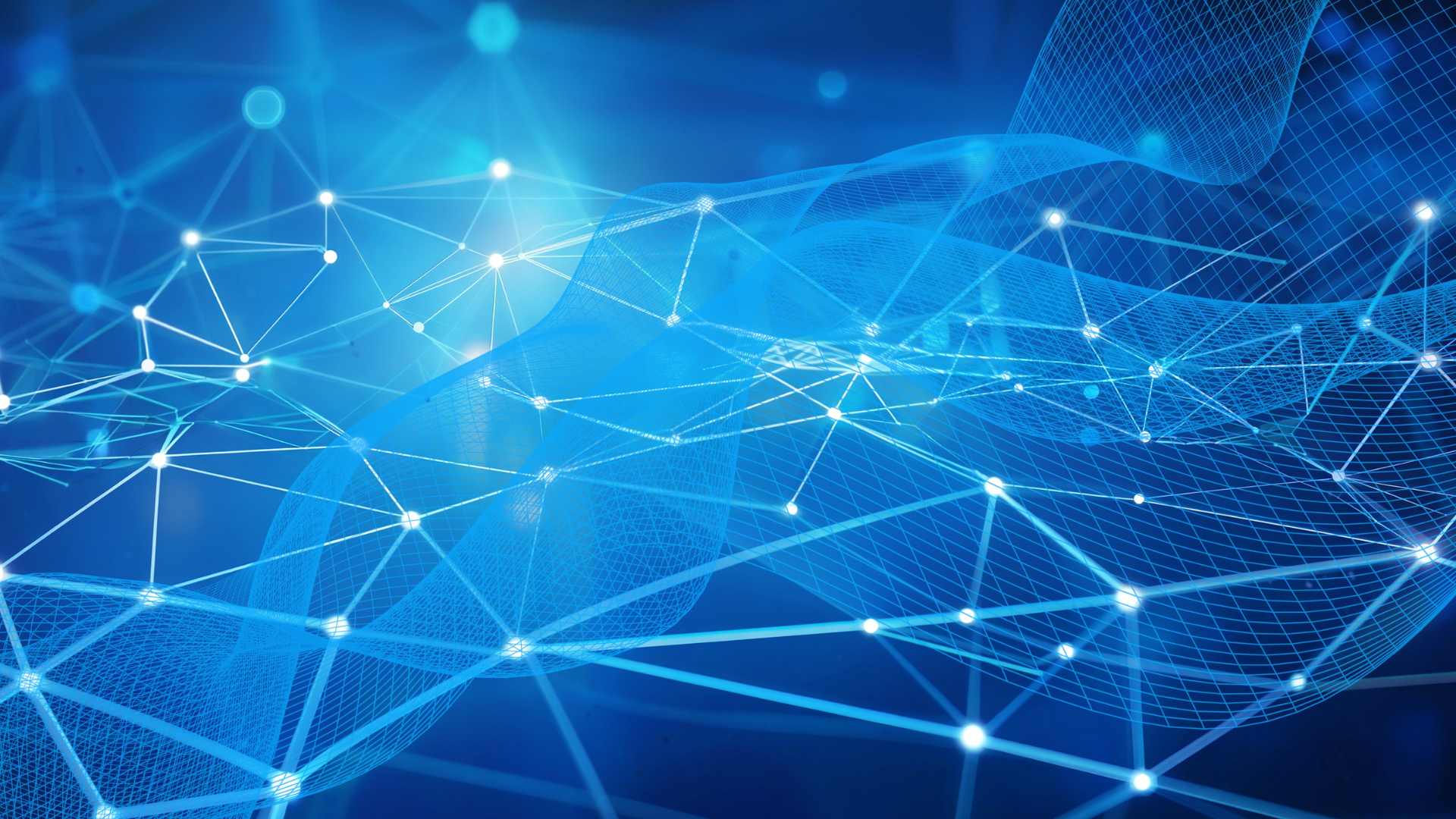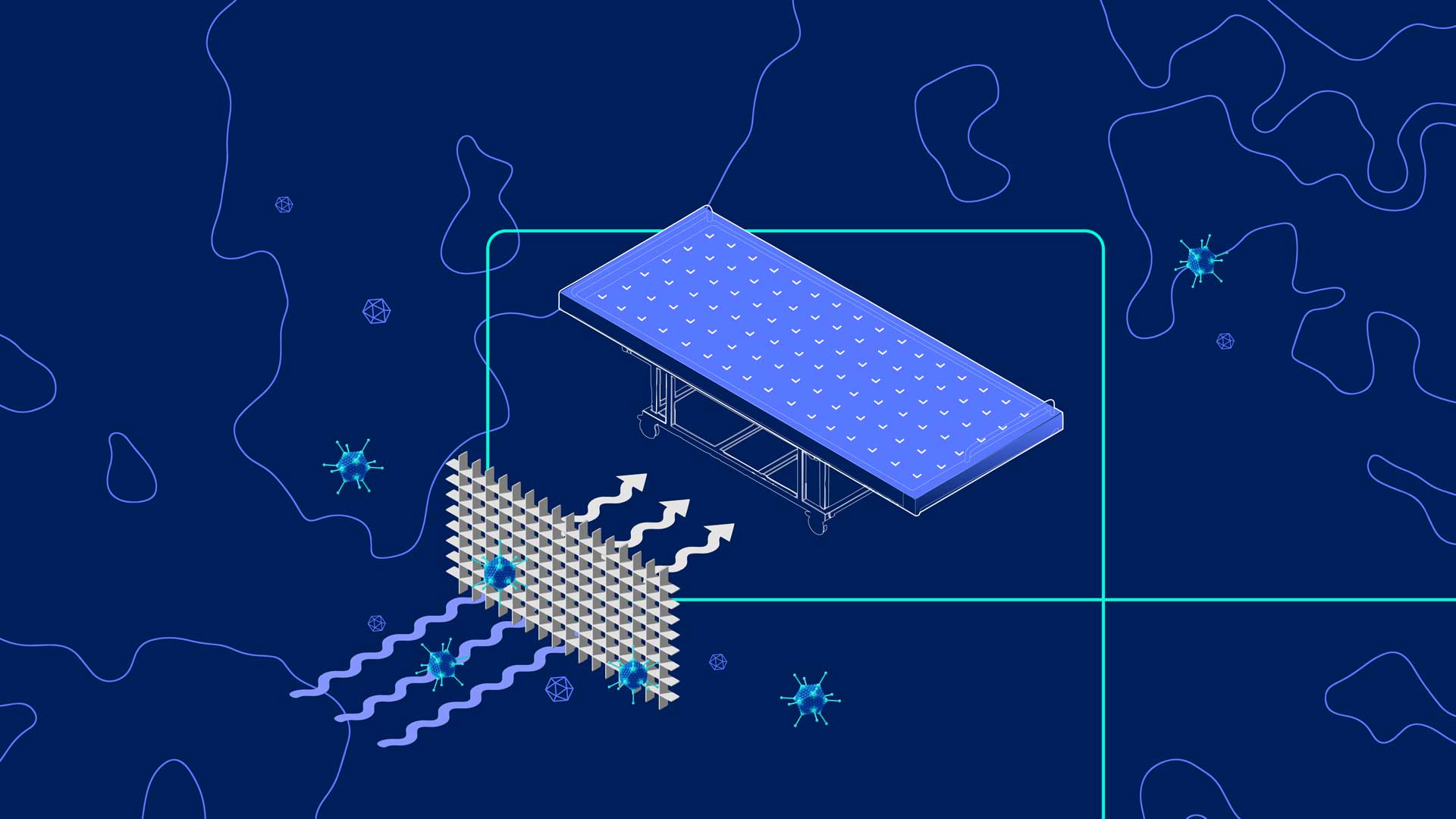Intelligent Farming: The Future of Agriculture
Intelligent, or smart farming, is an innovative approach to agriculture that uses modern technology to improve various areas of farming, such as planting, irrigation, fertilisation, and crop management, resulting in higher agricultural yields and higher quality crops.
In this article, we will cover the benefits of smart farming, the technologies employed in this method, and the differences between smart farming and traditional agriculture.
What is smart farming and precision agriculture?
Smart farming is an agricultural concept that centres on improving farming efficiency and sustainability using advanced technologies. These kinds of technologies allow you to optimise many aspects of the cultivation process, from planting to harvesting.
Precision agriculture is a concept used within smart farming. It involves the use of technology, such as drones, sensors, and GPS, to optimise irrigation, scheduling, fertilisation, and crop management to increase yields and reduce costs through targeted and efficient practices.
Though similar concepts, the difference between smart farming and precision agriculture is that smart farming doesn't focus on precise measurements; instead, it focuses on the application of the data across the entire operation to make farms more effective. It does this by integrating artificial intelligence and machine learning algorithms into the decision-making process. These technologies allow growers to make informed decisions using data.
What is IoT-based agricultural production?
The driving force of smart farming is the Internet of Things (IoT), which connects the devices used on farms to make the processes data-driven and automated. For example, IoT-based smart farming systems can monitor soil moisture levels and weather patterns to improve irrigation scheduling. Or these systems could detect early signs of crop diseases, which allows you to take action before the disease spreads.
What are the benefits of smart farming technologies?
Smart farming techniques enables farmers to have a more intelligent and connected practices that can help to reduce the overall costs of growing whilst improving the quality produce.
Greater control over production enables better cost management and waste reduction, while the ability to identify anomalies in crop growth or livestock health mitigates the risk of losing yields. Smart farming systems enable precise management of demand forecasts and timely delivery of goods to the market, which in turn reduces waste.
Automation also enhances efficiency, as smart devices can activate multiple processes simultaneously and automated services better control production processes, improving product quality and volume.

What are examples of smart farming technologies?
Smart farming is a large sector with a wide variety of technologies, with new advancements every day. Here are just a handful of smart technologies that are being used in agricultural production today:
Drone technology
Drones have been utilised in agriculture for the past twenty years, largely to aid with crop spraying via remote-controlled helicopters. However, the next generation of drones is set to transform the industry, including the capacity to inspect crops and animals over broad regions quickly and effectively, as well as serve as a relay system to transfer real-time data to other linked equipment and installations.
They could also leverage computer vision to assess field conditions and deliver precise solutions, such as fertilisers, nutrients, and pesticides, to crops in need. They could additionally plant seeds in inaccessible areas, saving money on equipment and labour.
Artificial intelligence
The remarkable predictive capabilities of AI for weather information, prices, and crop yield can boost efficiency and assist you in making well-informed decisions.
Smart farming has created new potential for data collection. Remote sensors, satellites, and unmanned aerial vehicles can collect data on crop and soil conditions, while temperature and moisture sensors can monitor the climate. Precision agriculture technology assists you in better understanding your surroundings and making more informed decisions.
These algorithms learn and modify based on the data they get, and the more statistical information collected, the better the algorithm is at predicting a variety of events. The idea is to help you achieve a better harvest by using artificial intelligence to make better field decisions.
GPS technology
Over the last few decades, GPS technology has revolutionised farming methods. Tractors can now be outfitted with GPS technology and autonomous steering systems are increasingly being used to optimise seed laying while lowering waste and expenses. GPS-guided drones are also used for a variety of purposes, including crop spraying, animal monitoring, and 3D mapping.
However, GPS has many applications other than tractors. You can use a GPS receiver to locate specified places in a farm field for soil samples. The obtained soil samples are then processed in a geographic information system to create a fertility map. You can then use this map to precisely prescribe the amount of fertiliser required for each sampled part of the farm field. You can also reduce waste by using variable-rate technology fertiliser applicators to apply the exact amount of fertiliser to the region.
Glasshouse automation
Traditional greenhouses primarily rely on personal intervention or a proportional control mechanism to maintain environmental conditions,
Smart glasshouses, can efficiently monitor and manage the climate without the need for human interaction. The system uses various sensors to assess environmental elements based on the crop's individual demands, and the data is then stored on a cloud-based platform for further analysis and control with minimal operator interaction.
The challenges with glasshouses, even when supported by technologically advanced features, is their reliance on external climate factors, which can limit their control over temperature, humidity, and other environmental conditions, which introduces uncertainty and limits the ability to create optimal growing conditions
Vertical farming technology
Vertical farming is an innovative agricultural method that involves growing crops indoors in vertically stacked layers. This approach improves crop yield by incorporating modern technological improvements such as LED lighting, closed-loop water recycling, and complete climate control.
At IGS, we call our vertical farms Growth Towers. These towers regulate environmental factors such as lighting, water distribution, CO2 levels, and nutrient delivery. Each tower has its own self-contained microclimate, allowing for faster and better-controlled production. Plus, you can produce a variety of crops in just a single tower.
What challenges is smart farming facing?
Here are some common challenges that can be mitigated with the right tools and knowledge in place, including:
- Cost: Smart farming technologies may be expensive for small-scale farmers, though there may be government grants available to help growers’ with funding.
- Technical expertise: Growers may initially lack the technical competence required to operate and maintain smart farming equipment, but through the many training opportunities provided, this challenge can be overcome.
- Data management: The amount of data produced by smart farming devices may be overwhelming to beginners. We must empower farmers to enable them to understand how to handle and evaluate this data in order to make informed decisions.
- Cybersecurity: Smart farming systems, on rare occasions, could be subject to cyber attacks that might threaten data security and integrity. This risk can be offset through proper training.
- Connectivity: Smart agricultural technologies rely on a consistent internet connection, which might be difficult to obtain in some isolated rural areas.
- Resistance to change: Some farmers may be resistant to new technologies and prefer conventional farming methods, instead. We must work with growers to help them overcome this hurdle.
Smart farming applications are critical for the future of agriculture, so to overcome these problems, technology suppliers, farmers, governments, and other stakeholders will need to work together to make smart agricultural solutions accessible, affordable, and sustainable.

How is intelligent farming beneficial for the farmer?
Intelligent, or smart, farming comes in many formats, here we will focus on vertical farming.
Vertical farming allows you to cultivate a variety of seed to harvest crops or starter plants and propagules, reducing dependency on imports.
This farming method has numerous advantages in terms of environmental impacts. This agricultural system uses less acreage and enhanced crop production techniques, , resulting in lower greenhouse gas emissions. Vertical farming also reduces the need for protective chemicals, such as pesticides, herbicides, and fungicides. Pests and fungal diseases struggle to thrive in precisely controlled humidity levels and controlled conditions, resulting in safer and healthier crops.
The modularity and scalability of IGS vertical farming systems mean that each Growth Tower can operate independently of neighbouring towers. Additional towers can be built and deployed without affecting the commercial operation of existing buildings. You can start with, for example, two towers and scale up as your business grows.
Additionally, we provide a Cultivation Management Platform (CMP) as an addition to our Growth Tower Management System (GTMS) for larger-scale growers. With this system, you can enhance profits, minimise risks, and manage expenses by ensuring operational transparency and traceability, forecasting yields and labour, and monitoring crop health in real-time to prevent potential problems. The CMP also assesses workflow efficiency and productivity, reducing the chance of human error.
-
Smart farming represents the future of agriculture, and it is a key driver in maintaining sustainable food production for the world's growing population. Smart farming techniques will continue to evolve as technology advances, allowing you to make more informed decisions and make better use of resources.
Want to understand how vertical farming can work for your business? Then book a tour of our facility or a demo to see the towers in action.







